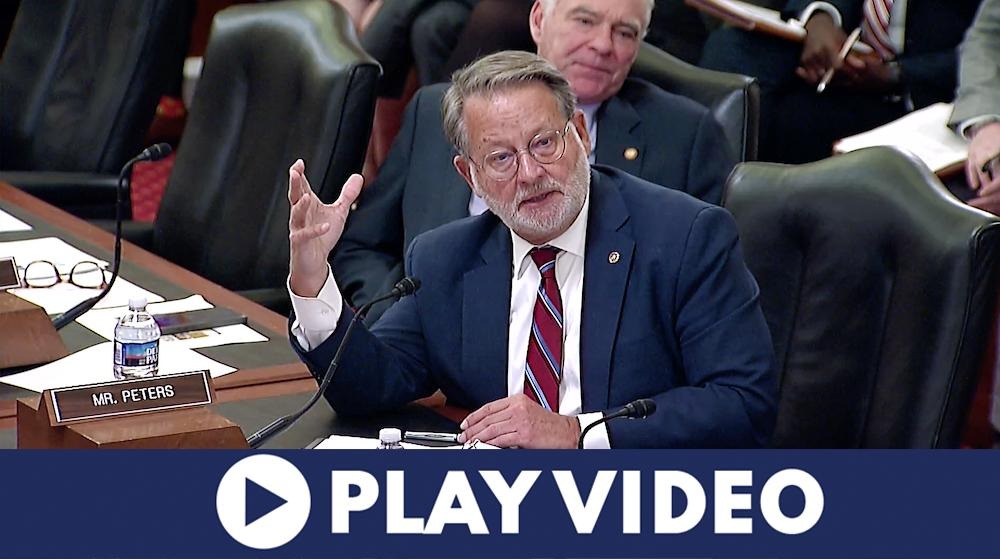VIDEO: Peters Raises Concern Over National Security Threats Posed by DOGE Handling of Sensitive Data
Peters Also Highlights Threat to Servicemembers, Military Families
WASHINGTON, DC – During a Senate Armed Services Subcommittee hearing, U.S. Senator Gary Peters (MI) expressed concern over the serious national security threats posed by the Trump Administration’s Department of Government Efficiency (DOGE), which has put Americans’ sensitive data at risk. During the hearing, Peters highlighted a report he recently released as Ranking Member of the Homeland Security and Governmental Affairs Committee revealing DOGE’s unchecked access to Americans’ personal information, including data from military personnel and their families. The report includes whistleblower accounts detailing DOGE’s efforts to copy sensitive Social Security data onto a cloud database operating without any verified security controls, likely a serious violation of cybersecurity and privacy laws that puts the information at risk of being stolen by cybercriminals. According to the whistleblower, the fallout could require re-issuing Social Security numbers for every American – a process that would disrupt access to banking, employment, health care, and housing.
“This database includes the most sensitive information, as you know, of not only all Americans, but all the military members, national security personnel, as well as their family members. In fact, the Social Security Administration’s own risk assessment warned that there is a 65 percent risk of a catastrophic breach of this sensitive Social Security information,” Peters said during the hearing.
To watch the full video of Senator Peters’ questioning, click here.
Since DOGE’s inception, Peters has raised concerns over its access to government systems and databases. In March, he pressed 24 federal agencies for answers on how DOGE and DOGE-affiliated individuals, many of whom do not possess security clearances, have accessed and used data in federal information technology systems. Peters also sent a letter to the Government Accountability Office (GAO) requesting an audit of DOGE’s activities, focusing on whether they are complying with established privacy and cybersecurity laws for federal agency data and systems.
###
